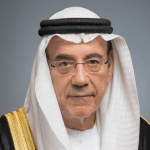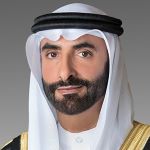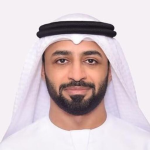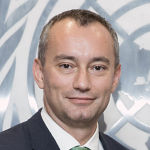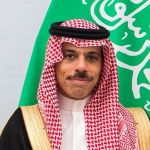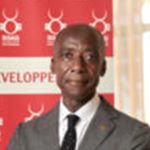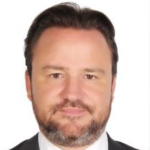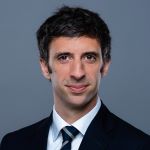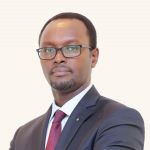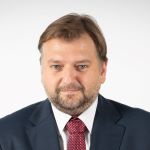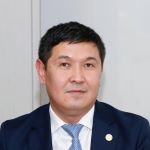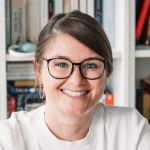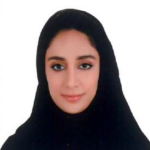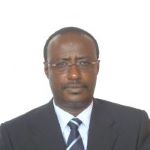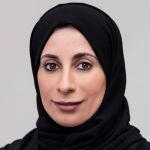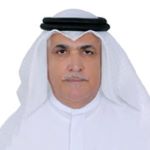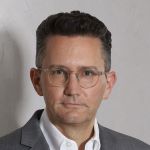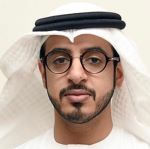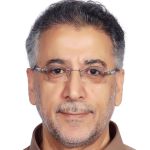Nous sommes rentrés dans une phase chronique qui nous force à chercher à mettre en place une stratégie raisonnée, s’appuyant sur une réduction assumée des risques.
«Le monde n’a jamais été dans une meilleure position pour mettre fin à la pandémie. Nous n’y sommes pas encore, mais la fin est à portée de main. Nous pouvons tous voir la ligne d’arrivée, nous sommes en passe de gagner, mais ce serait vraiment le plus mauvais moment pour s’arrêter de courir. C’est le moment de redoubler d’efforts et de nous assurer de franchir la ligne d’arrivée et de récolter les fruits de notre labeur.»
Ces mots, prononcés mi-septembre par Tedros Adhanom Ghebreyesus, directeur général de l’Organisation mondiale de la santé (OMS), ont eu tôt fait d’être analysés comme signifiant que la pandémie de Covid-19 touchait à sa fin. Ils étaient certes porteurs d’espoir, mais la ligne d’arrivée peine quand même à poindre à l’horizon.
De la même manière, lorsque le virologue allemand Christian Drosten a déclaré fin décembre que, selon lui, la pandémie était terminée et que l’on entrait désormais dans sa phase endémique, il y avait sans doute des franches nuances à apporter à cette assertion un peu définitive.
Retrouvez l’article entier écrit par Antoine Flahault sur Slate FR.




